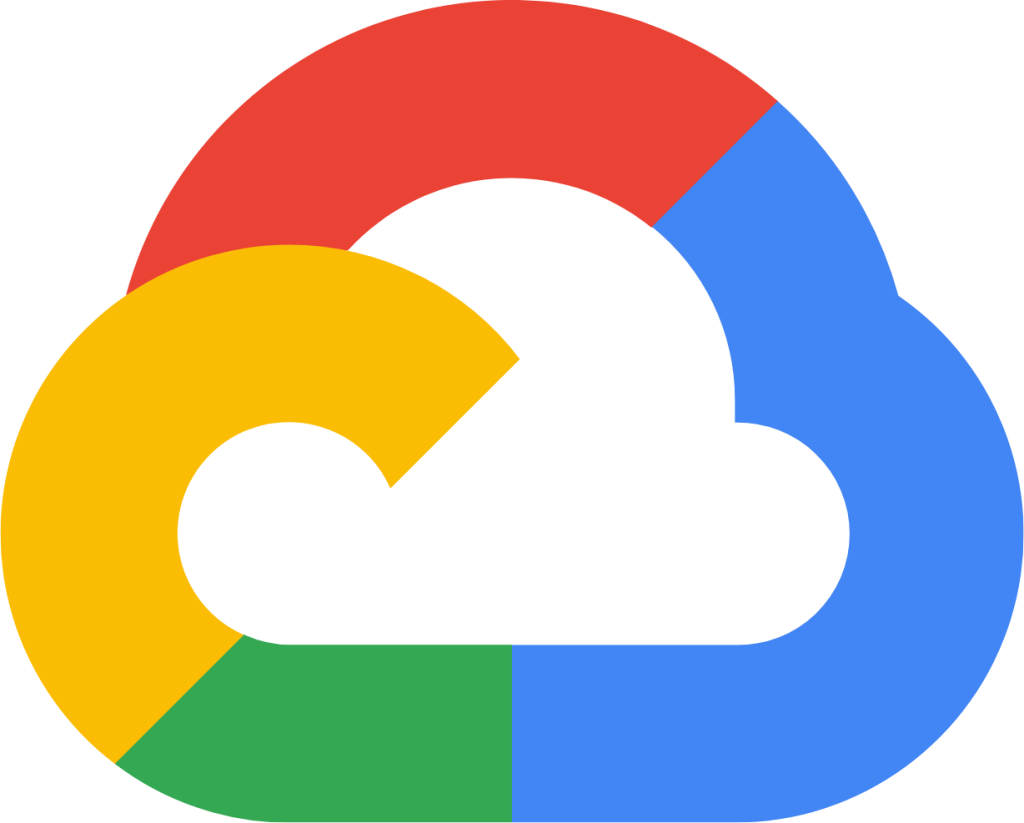By: Waqas Bin Khursheed
Hire Us itechblo@itechblogging.com
Visit youtube channel www.youtube.com/@itechblogging-tz1zx
Introduction to Google Cloud
Google Cloud is a suite of cloud computing services offered by Google, providing a range of infrastructure, platform, and software services to individuals, businesses, and developers worldwide. Understanding the different levels within the Google Cloud ecosystem is crucial for leveraging its capabilities effectively.
1. Infrastructure Level
At the foundational level, Google Cloud provides infrastructure services that form the backbone of its platform.
a. Compute Engine
Compute Engine offers virtual machines (VMs) for running various workloads, providing scalability, flexibility, and control over computing resources.
b. Google Kubernetes Engine (GKE)
In addition, GKE is a managed Kubernetes service that simplifies the deployment, management, and scaling of containerized applications.
c. Google Cloud Storage
Google Cloud Storage provides scalable object storage with high availability and global accessibility, suitable for storing and serving large datasets, multimedia content, and backups.
2. Platform Level
The platform level of Google Cloud offers managed services and tools to streamline application development, deployment, and management.
a. App Engine
In addition, App Engine is a fully managed platform for building and deploying applications at scale, supporting various programming languages and frameworks.
b. Cloud Functions
Cloud Functions allows developers to deploy event-driven functions in a serverless environment, enabling automatic scaling and pay-per-use pricing.
c. Cloud Run
Cloud Run offers a managed platform for deploying containerized applications, providing flexibility and scalability without the need to manage infrastructure.
3. Software Level
Google Cloud’s software services encompass a wide range of applications and tools for data analytics, machine learning, and productivity.
a. BigQuery
BigQuery is a serverless data warehouse that enables fast and scalable analytics on large datasets using SQL queries, machine learning, and real-time insights.
b. AI and Machine Learning
Google Cloud offers various AI and machine learning services, including AutoML, TensorFlow, and AI Platform, empowering businesses to build and deploy intelligent applications and models.
c. G Suite
G Suite provides a suite of productivity and collaboration tools, including Gmail, Google Drive, Docs, Sheets, and Meet, enhancing communication and productivity within organizations.
Conclusion
Google Cloud offers a comprehensive ecosystem of infrastructure, platform, and software services designed to meet the diverse needs of businesses and developers. By understanding the different levels within the Google Cloud platform, organizations can harness the power of cloud computing to innovate, scale, and drive digital transformation.
In conclusion, Google Cloud provides a robust and flexible platform for businesses and developers to build, deploy, and scale applications and services in the cloud. By understanding the various levels within the Google Cloud ecosystem, users can effectively leverage its infrastructure, platform, and software services to meet their specific requirements and drive innovation.







